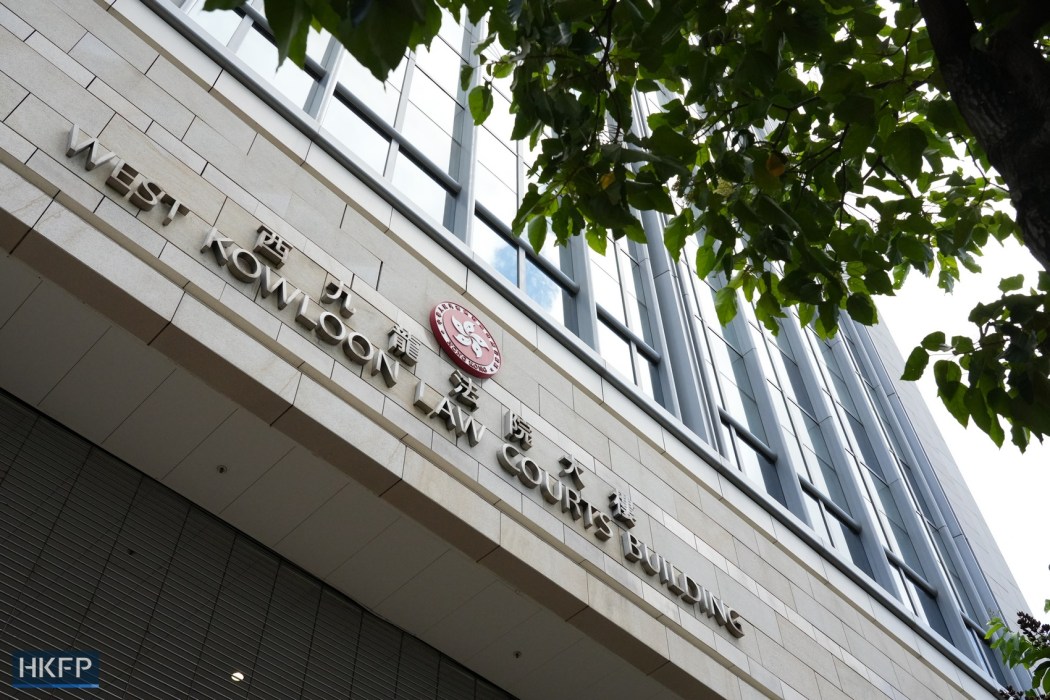There is no need to prove that an organisation or person is a foreign agent before serving them with a notice requiring them to provide information, a Hong Kong magistrate has ruled in a national security case against the city’s defunct Tiananmen group.
The decision on Tuesday came after the court was asked to rule on two preliminary issues: whether the defence can challenge the legality of the notice, and whether the prosecution had to prove that the subject of the notice was a foreign agent.

The Hong Kong Alliance in Support of Patriotic Democratic Movements of China’s former vice-chairperson Chow Hang-tung, and ex-standing committee members Tang Ngok-Kwan and Tsui Hon-kwong, appeared in front of Principal Magistrate Peter Law at the West Kowloon Magistrates’ Courts on Tuesday.
The trio is accused of “failing to comply with [a] notice to provide information” issued by the national security police. Two other defendants in the case, Simon Leung and Chan To-wai, earlier pleaded guilty and were both sentenced to three months in prison.
Law ruled on Tuesday that while the prosecution does not have to prove that the Alliance was a foreign agent, the defunct group can challenge the legality of the notice in criminal court.
Schedule 5 of the implementation rules of the national security law stipulates that the police chief, upon approval from the security secretary, has the power to serve a notice to a foreign agent requesting information including activities and finances.

The magistrate said on Tuesday that Schedule 5 was “designed specifically for prevention and investigation” purposes, and that the notice “may be issued from time to time” or repeatedly.
Law also agreed with the prosecution that there was no mechanism or registration system for foreign agents in Hong Kong, and ruled that “the concept of foreign agent is a conclusion of administration, not an element that the prosecution has to prove.”
It was lawmakers’ and rule-makers’ intention to be “silent” on the criteria of foreign agent in order to “make some flexibility for the police,” the magistrate concluded.
“[It was the] intention of the lawmakers and rule-makers to not make the proof of foreign agent an element of offence,” Law said.

Following the ruling, the magistrate adjourned the case to August 23, when the trial will resume.
The Alliance organised the city’s annual candlelight vigils to commemorate victims of the Tiananmen crackdown. The group disbanded last year following a members’ vote.
The Tiananmen crackdown occurred on June 4, 1989, ending months of student-led demonstrations in China. It is estimated that hundreds, perhaps thousands, died when the People’s Liberation Army cracked down on protesters in Beijing.
Correction 29/08/2022: A previous version of this article incorrectly stated that, upon approval from the justice secretary, the police chief can serve a notice requesting information from a “foreign agent.” In fact, the police chief must obtain approval from the security chief to issue such a notice. We regret the error.
Support HKFP | Policies & Ethics | Error/typo? | Contact Us | Newsletter | Transparency & Annual Report | Apps
Help safeguard press freedom & keep HKFP free for all readers by supporting our team
























